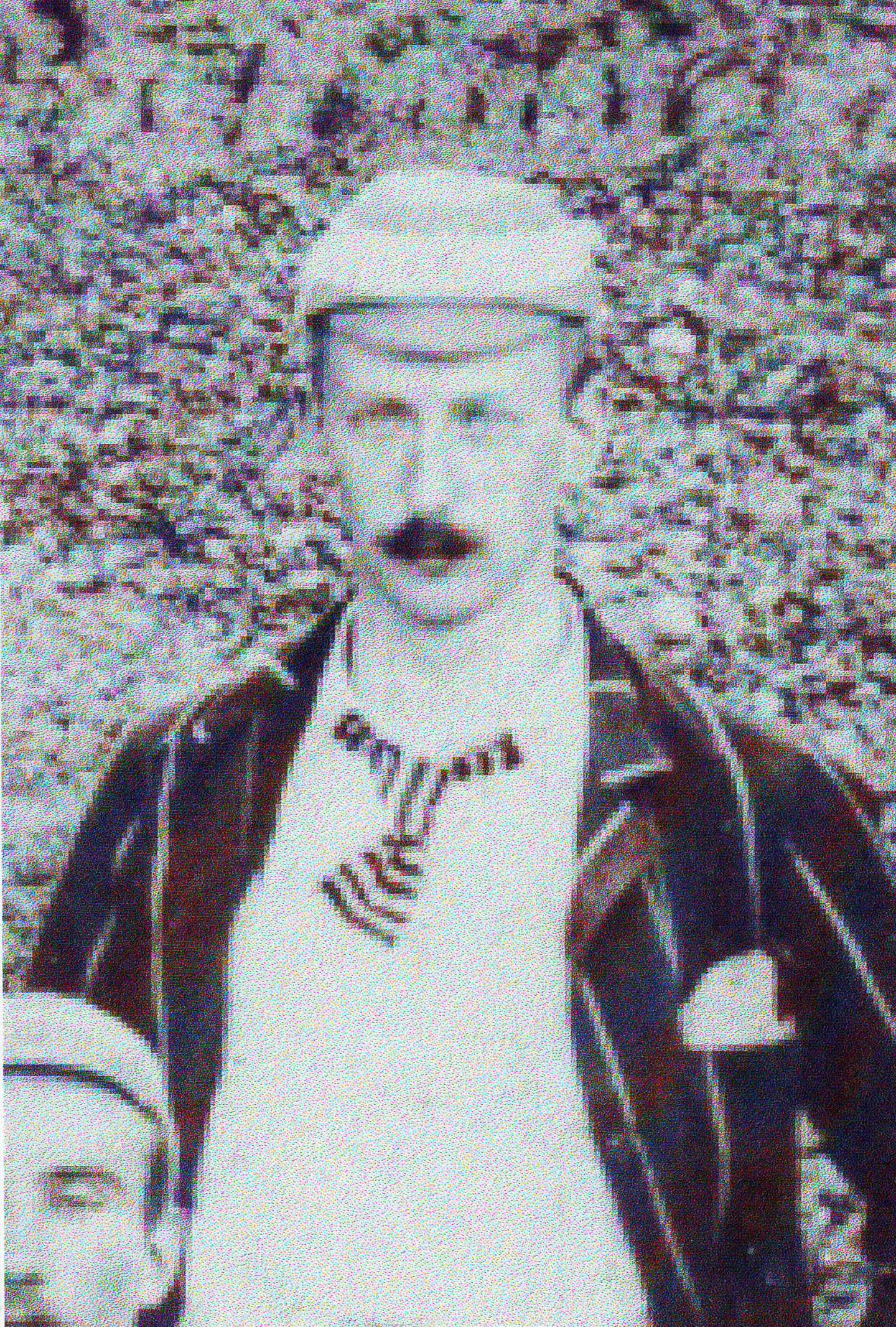Tinsley Lindley is best known as a top footballer, capped 13 times for England in the 1880s and 90s and, apparently, scoring a remarkable 85 goals in a single season for Nottingham Forest. A man of many talents, he had his own legal practice, received the OBE for his services to the community in World War One and found time to play in 10 First-Class cricket matches for Nottinghamshire and Cambridge University, as well as two matches for Notts RFC.
Lindley was born in Nottingham on 27 October 1865. He was the third son of Leonard Lindley who was a lace dresser and Mayor of Nottingham in 1882. The family lived in Clipstone Avenue, Nottingham and Lindley attended Nottingham High School between 1875 and 1883. He subsequently attended The Leys School in Cambridge and from 1885 to 1888 studied law at Caius College, Cambridge. Lindley obtained a degree and later achieved a Master of Law and LLD law doctorate.
He was awarded a ‘blue’ in football during each of his years at Cambridge, captaining the team in 1888. During his time at Cambridge he played his first four First-Class cricket matches – all at Fenner’s – for the University side in 1885. Lindley would play a further match for Cambridge University in 1888 and had his final First-Class outing in 1893, for Oxford and Cambridge Universities Past and Present against the Australians.
Returning to Nottingham after University, he played four matches for Nottinghamshire in 1888. A right hand bat, he recorded his top score of 40 in the Whitsuntide fixture against Surrey. Although he had previously taken eight wickets for Cambridge, Lindley bowled infrequently for Nottinghamshire, taking just one wicket with his ‘round arm right-arm slow-medium’ deliveries. He played in all ten First-Class matches, scoring 150 runs at 10.00 and taking nine wickets at 24.44.
Lindley also resumed his football career in Nottingham. He was a centre forward and ‘possibly the most famous amateur player of his generation.’ He refused to wear ordinary football boots when playing, preferring walking brogues instead as he felt that boots marred his great sprinting speed. Football records from those days are sketchy but It is claimed that he had made his debut for Nottingham Forest in 1882 at the age of 16, scoring three goals in his first match. Additionally, one source claims that in one season, he scored 85 goals for Forest while another writer asserts that this haul was for the 1880s decade. Surviving records do confirm that he played in 25 FA Cup matches for Nottingham Forest between 1883 and 1892, scoring 15 goals.
Tinsley Lindley played 13 international matches for England between 1886 and 1891, scoring 14 goals. He scored a hat trick against Ireland at Bramall Lane Sheffield in 1887 and captained his country on three occasions.
On retirement from football, Lindley turned his full attention to his law practice, having been called to the Bar in 1889. He also lectured in law at University College Nottingham and served as a County Court Judge on the Midland Circuit.
During World War One, Lindley served as the Chief Officer of the Nottingham Special Constabulary and as Deputy Director of the Nottinghamshire Territorial Association. He was awarded the OBE in 1918 for these services; in 1935 he was also awarded the King George V Silver Jubilee Medal. His older brother, Leonard, was also a talented footballer and cricketer.
Tinsley Lindley died in The Park, Nottingham on 31 March 1940 aged 74. After a fundraising campaign by a Nottingham Forest supporter, a permanent memorial was unveiled in March 2014 on Lindley's grave in the Wilford Hill Cemetery to commemorate a remarkable Corinthian gentleman.
November 2020
Nottinghamshire First-Class Number: 199
See Tinsley Lindley's career stats here
